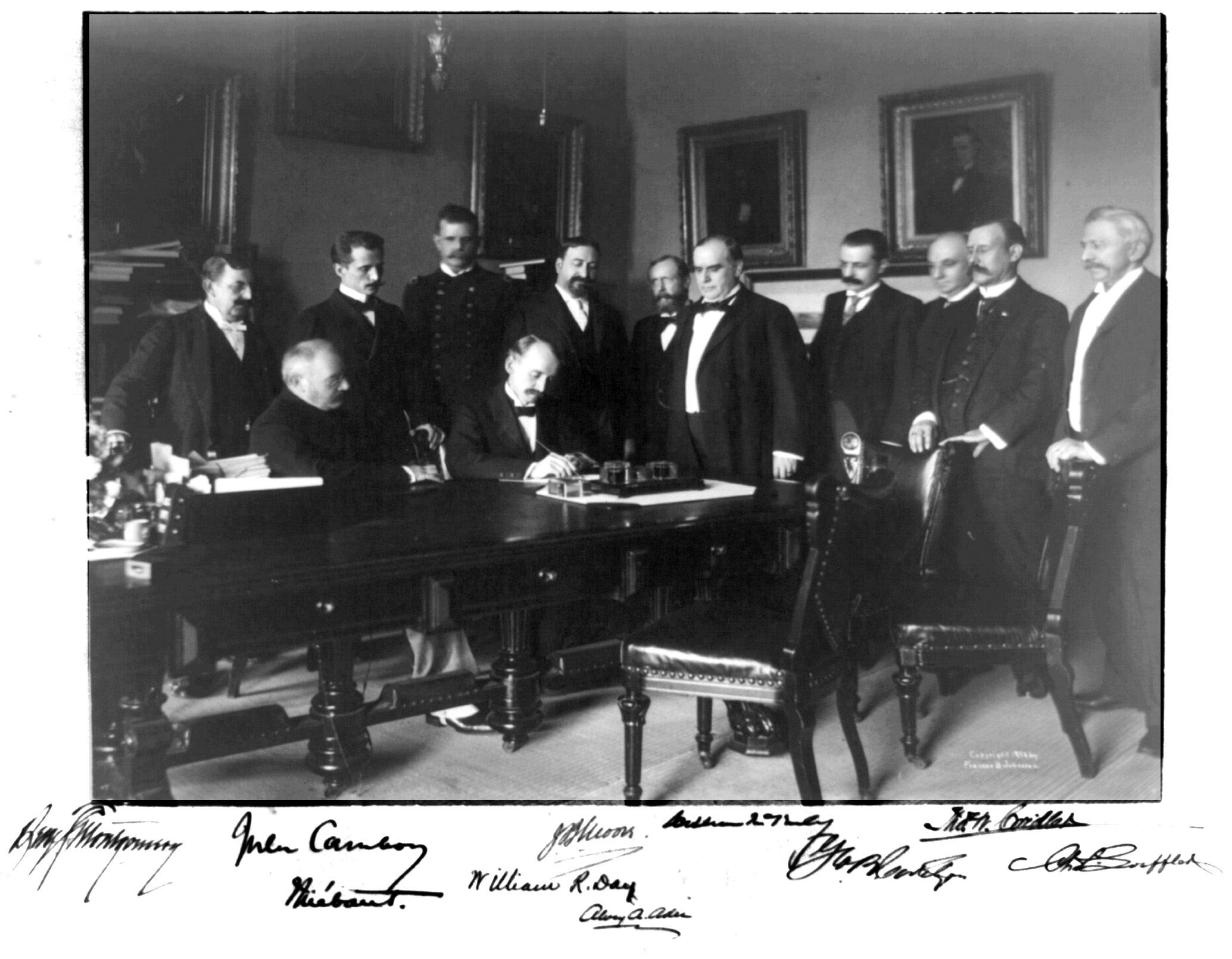IV
MANILA AND THE END OF FRENCH INDOCHINA
Lucien Colin, Consul General in Tianjin before WWII and
former Ambassador to Panama, succeeded Willoquet in April 194980 as French Plenipotentiary to Manila. Due to the victory of the Communist Party in China in the latter part of the year, and the extension of Viet Minh activism far beyond Vietnam borders, Peninsular Southeast Asia now became directly under communist threat. The Hukbalahaps (or Huks, a Communist guerrilla movement formed by the peasant farmers of Central Luzon), managed to still be active beyond the liberation of the Philippines from the Japanese, but were constrained to stay in the hilly parts of Luzon because of the American military bases and special forces. However, communist pressure in the region increased in June 1950 when troops of North Korea and the People’s Republic of China invaded South Korea, marking the first bipolar military confrontation of the Cold War. The Philippines sent 7,420 men to Korea (the Philippine Expeditionary Forces to Korea or PEFTOK), losing 116 soldiers while 299 were wounded between the years 1950 to 1953.81 France sent 3,421 men, under the command of Lieutenant Colonel Ralph Monclar aka WWII 4-star General Monclar.82 Though the Philippines and France shared a common agenda in the Korean War—as reported for the Philippines in 1950 by the talented 18-year- old journalist Benigno “Ninoy” Aquino83— the Philippines persisted in refusing any diplomatic recognition of the Associated States of Indochina. On the other hand, the Philippines remained attached to the Western block, especially as on 30 August 1951, it signed a mutual defense treaty with the United States. To sum up, Lucien Colin’s posting in Manila was a happy but difficult one, aggravated by the multiple claims over the Spratly Islands that had started to surface which included a potential claimant still under the tutelage of France, Vietnam. By the time Jean Brionval presented his credentials to President Magsaysay in September 1953, French Indochina was already falling apart. Negotiations had started in Geneva in April 1954 177
DISCOV _INT PP 050719.indd 189
5/7/19 8:50:30 PM


































